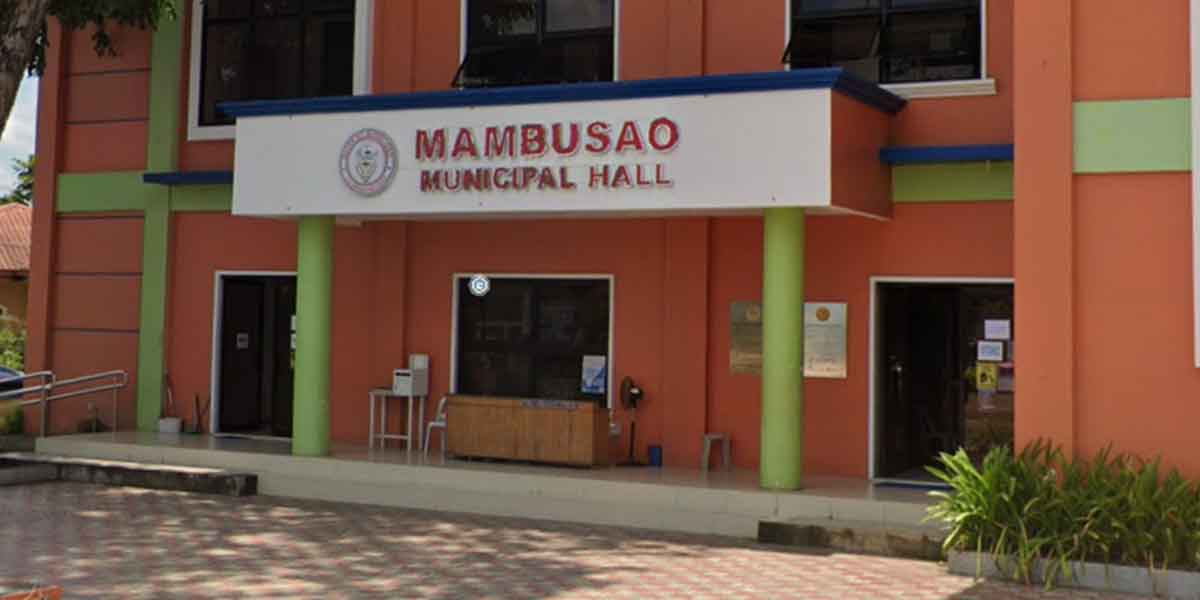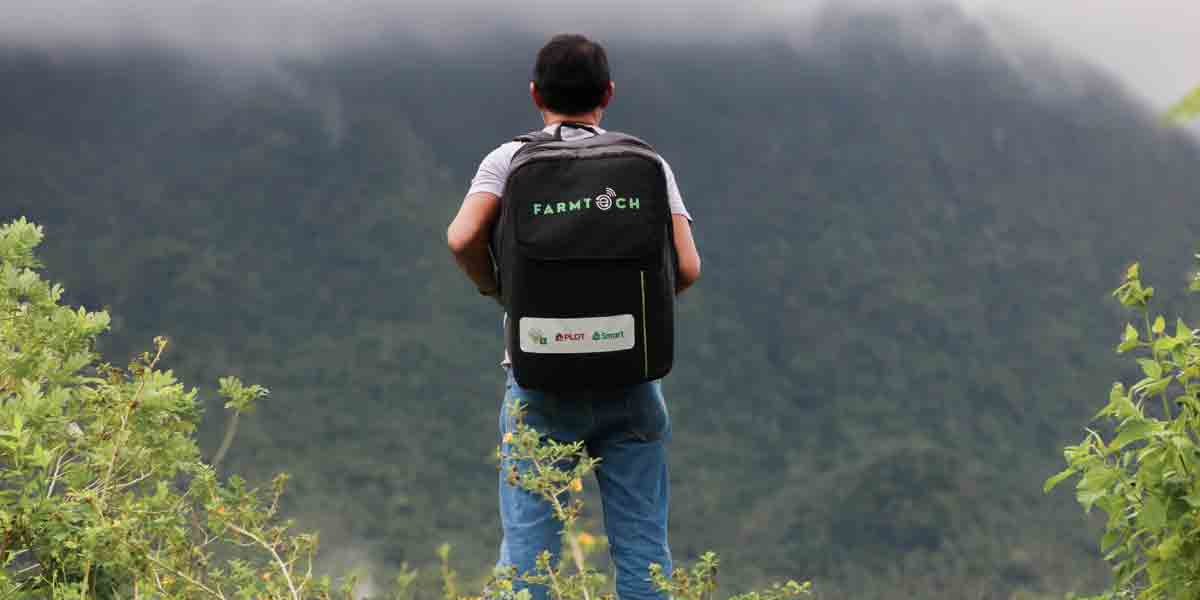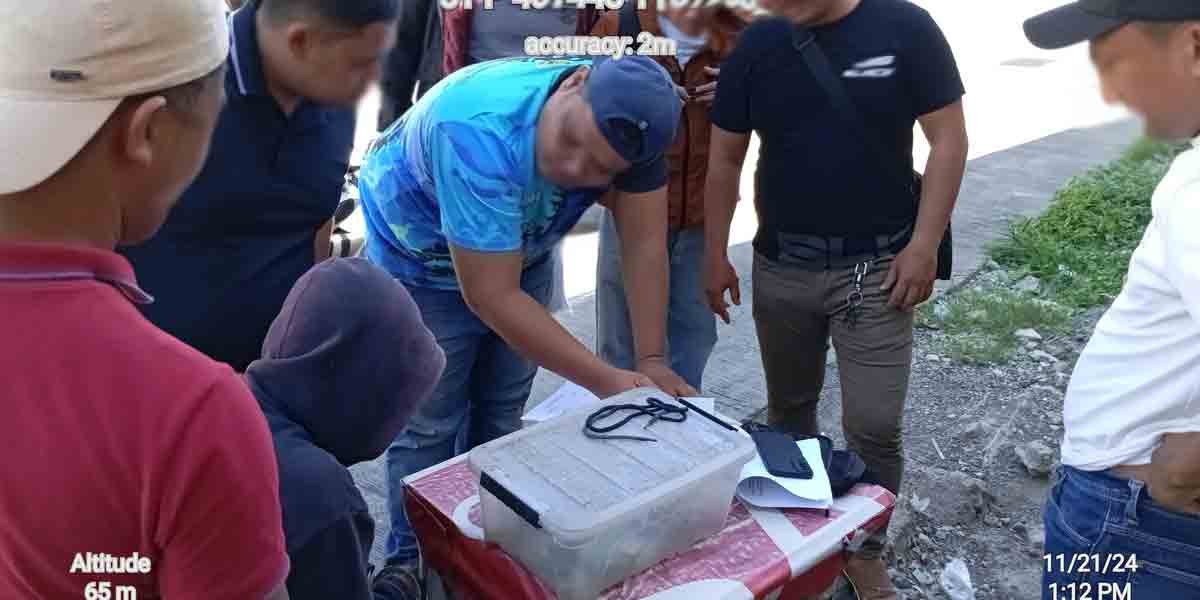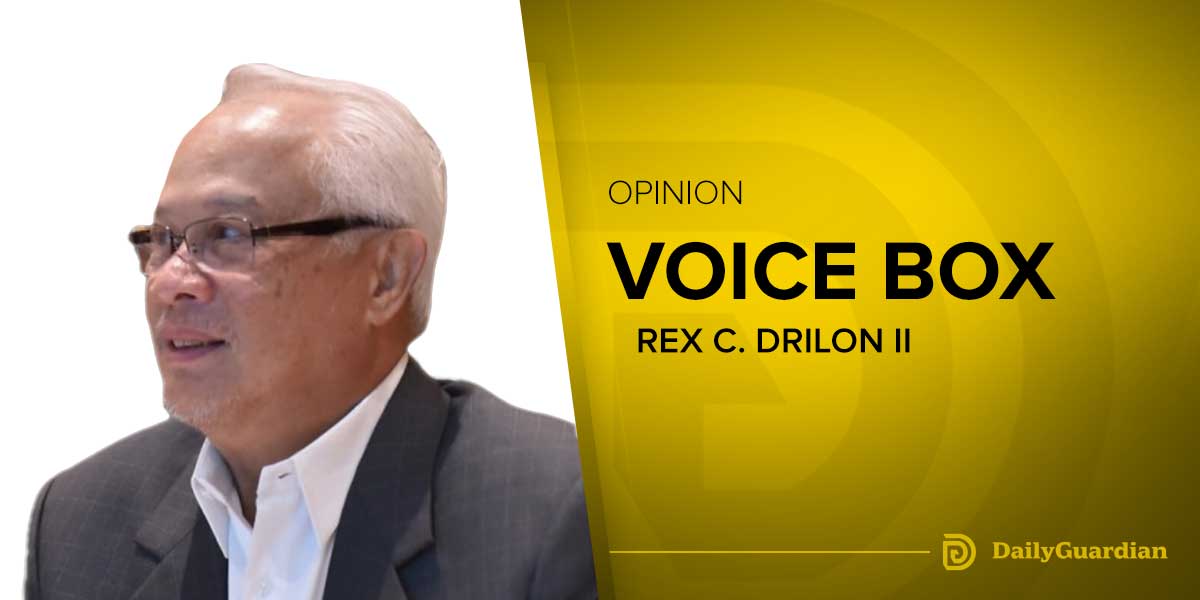By Alex P. Vidal
“An ounce of performance is worth pounds of promises.”—Mae West
SINCE it was formed on January 29, 1991, all the past chiefs of the 228,000-strong Philippine National Police (PNP) from General Cesar Nazarino until most recently General Rodolfo Azurin Jr., have made almost the same sets of mantra: cleanse the ranks with scalawags; stop the illegal gambling activities; stop the illegal drugs trafficking; dismantle the private armies; respect the fundamental human rights, etcetera.
All the predecessors of newly stalled PNP chief, Major General Benjamin Acorda Jr., so far, have miserably failed to deliver these promises.
In fact, the number of scalawags or bad eggs in the organization has doubled by leaps and bounds over the years even if their salaries have sufficiently increased under the Duterte administration.
Illegal drugs and illegal gambling activities were never nipped in the bud; on the contrary, many cops have been reported to be in cahoots with drug lords and gambling lords—if they are not the traffickers themselves.
Until his retirement, General Azurin, Jr. continued to be bedeviled by accusations of cover-up in the scandalous P6.7-billion shabu haul involving mostly high-ranking police officials.
Let’s listen to PNP chief Acorda: “My stand on (illegal) drugs is clear—no police should be involved in pushing, using or whatever means of illegal drug trade.”
He added: “You will be charged and removed from the service. This is my warning to each and everyone of you, our fight will be holistic in prevention and aggressive in operations. Under my leadership, rewards and punishment will be quick and decisive, it shall be fair and impartial and due process shall be observed.”
Acorda also vowed that the PNP would be transparent under his watch: “To the media, our long-time partners, we welcome critics as our independent source of check and balance. We are allies in bringing out the truth… We will be transparent.”
What else is new?
-o0o-
In 2009, I noticed that Walmart and Bed Bath & Beyond employed many Filipinos regardless of age, thus my preference for a part-time job when I was in Las Vegas were the two popular US department stores.
Walmart Supercenters offer a one-stop shopping experience by combining a grocery store with fresh produce, bakery, deli and dairy products with electronics, apparel, toys and home furnishings.
Bed Bath & Beyond Inc., on the other hand, is an American big box store specializing in home textiles, housewares, decorative home accessories and specialty items. The chain operates stores in the United States, Canada, Mexico, and Puerto Rico. The store for seemingly everything in our home during the 1990s and 2000s, has filed for bankruptcy. The retailer attracted a broad range of customers by selling name brands at cut-rate prices. I failed to work in both stores.
GOD’S RELIGION. TV reporter to a guest: “What is your religion?” Guest: “If you can tell me God’s religion, that is my religion.”
Does God have a “religion”? If He does, what is it? If He does not…why do we humans have so many? Can one love and worship one God with all one’s heart and soul yet belong to no “religion”? Thought-provoking.
FRIES. CNN has reported that French fries may be bringing us down. Researchers reportedly found that frequent consumption of fried foods, especially fried potatoes, is linked to an increased likelihood of anxiety and depression.
-o0o-
THANK YOU, CAPITAL BANK. I received a noticed from Capital Bank telling me to “Keep yourself safe from new fraud scams.”
It explained: “With the recent news about a few bank failures, many vendors are updating their banking information. Scammers are using this moment of change to take advantage of unsuspecting customers. “By preying on common anxieties, fraudsters can trick you into sending money to a phony bank account or providing your personal banking information.
“Remember to stay calm and be skeptical of banking update requests. By following these tips, you can keep yourself safe from potential scams:
“Don’t click on anything in an unsolicited email or text message asking you to update or verify account information.
“Never send funds to a merchant until you can confirm that the request to change a payment destination is legitimate, like a statement from them or a verified customer service phone number.
Don’t rely only on caller ID to confirm someone’s identity, as scammers can compromise that too.
“Look up the company’s phone number through a legitimate source like a statement provided by the company, and don’t use the number a potential scammer is providing.
“Take your time. A legitimate Capital One associate will never pressure you to immediately make a decision. They’ll provide you with all the necessary information and specific time frames to make your decision.
“When in doubt, hang up the phone and call your Capital One service team directly. You may call us at the number listed on the back of your debit or credit card and bank statement.
“We’ll keep you updated as we learn more about how these scams evolve. It’s all part of how Capital One is looking out for your financial safety every day.”
(The author, who is now based in New York City, used to be the editor of two local dailies in Iloilo.—Ed)






















